Hibernation is a prolonged period of inactivity that allows animals to survive when food is scarce and the weather is harsh. Typically, the animal will first build up a reserve of body fat by eating as much as possible in the lead up to winter. They will then retreat to somewhere safe, where they will enter a torpid state.. Common toads tend to hibernate in damp leaf litter or anywhere dark and damp. Insects. Some wetland insects hibernate in larvae form, stashed safely in reedbeds and tussocks of grass, or crevices in walls or bug hotels. Some insects like honey bees rely on their family to survive, huddling together and using their joint heat to combat the cold.
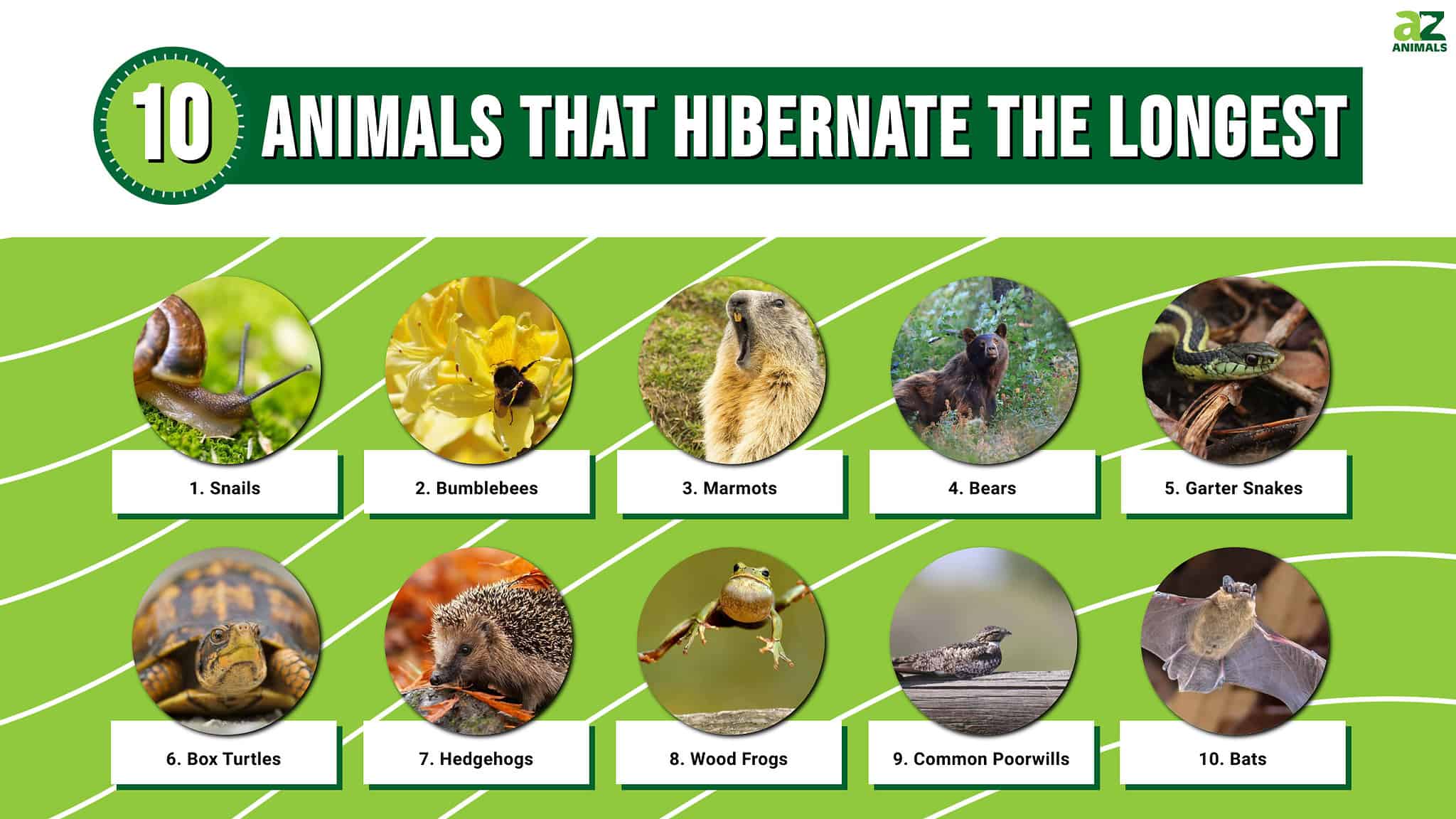
Discover 10 Animals That Hibernate the Longest AZ Animals

Animals that hibernate seem to have the right idea Find a cosy burrow, head indoors, and catch
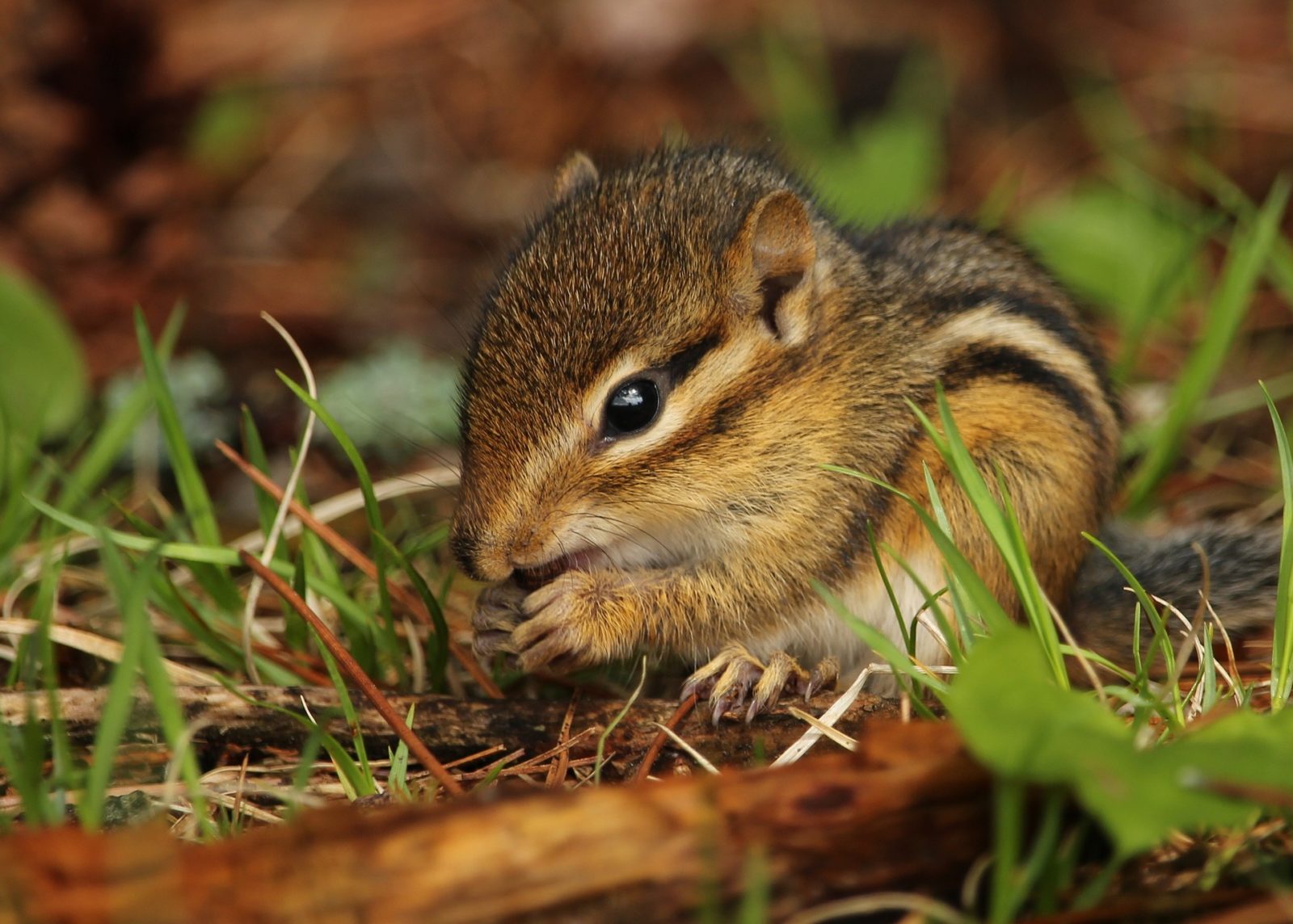
Animals Don’t Necessarily “Hibernate” in Winter
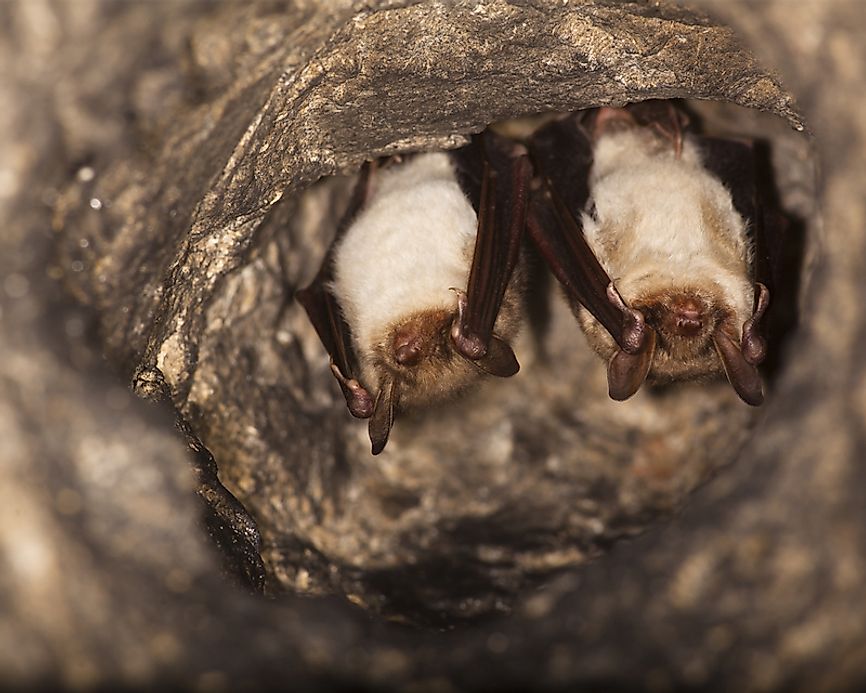
What Is Hibernation?

List Of Animals That Hibernate

Pin on Pre school projects

Why Do Some Animals Hibernate? Britannica
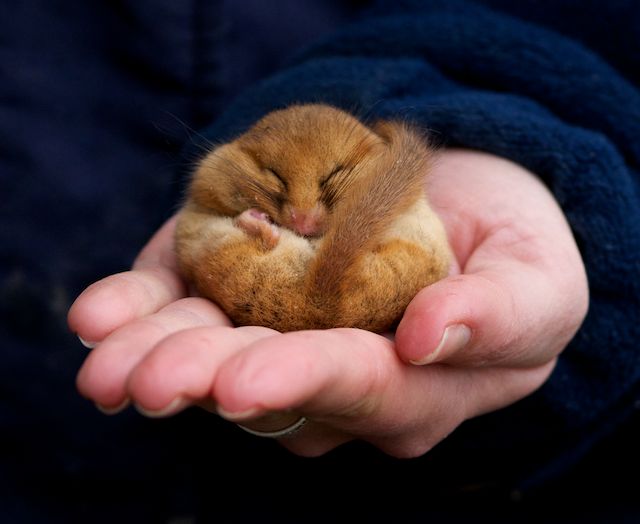
British Wildlife Centre Keeper's Blog Hibernation

Help Britain's hibernating animals this winter Reader's Digest

Hibernate or Migrate? Baamboozle Baamboozle The Most Fun Classroom Games!
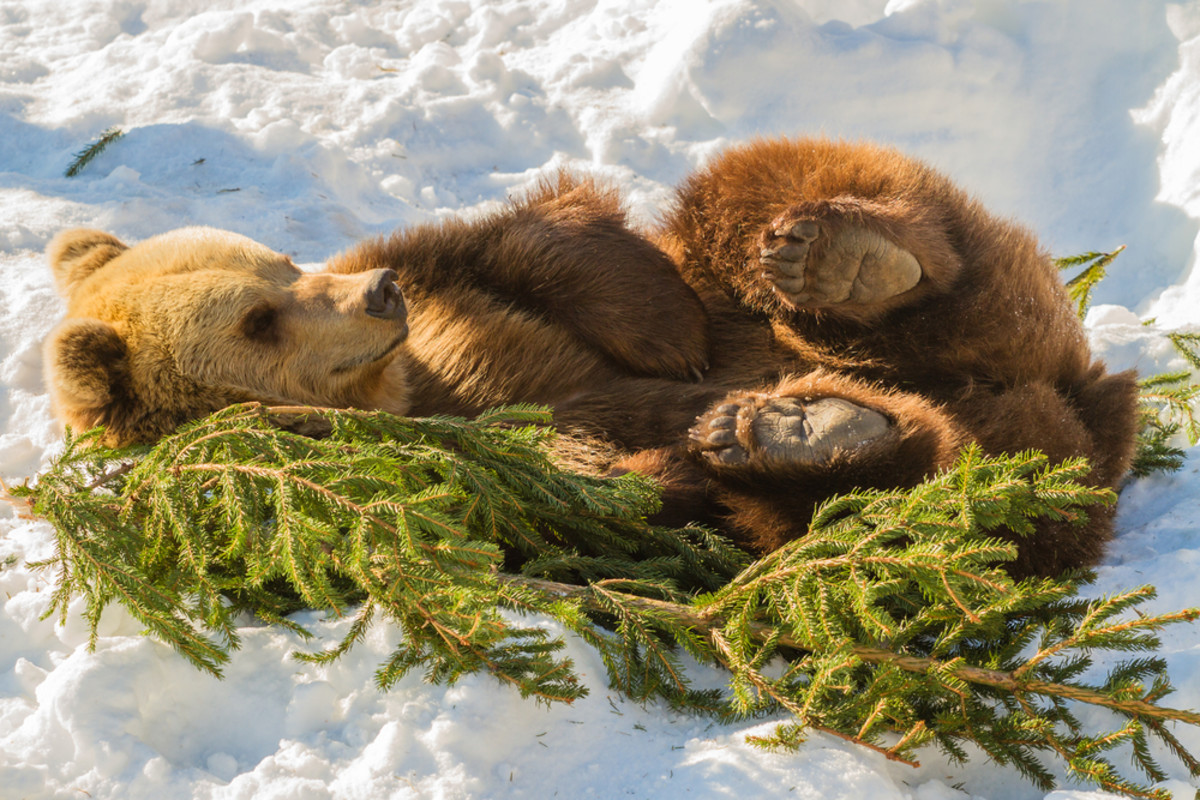
List of Animals That Hibernate in Winter HubPages
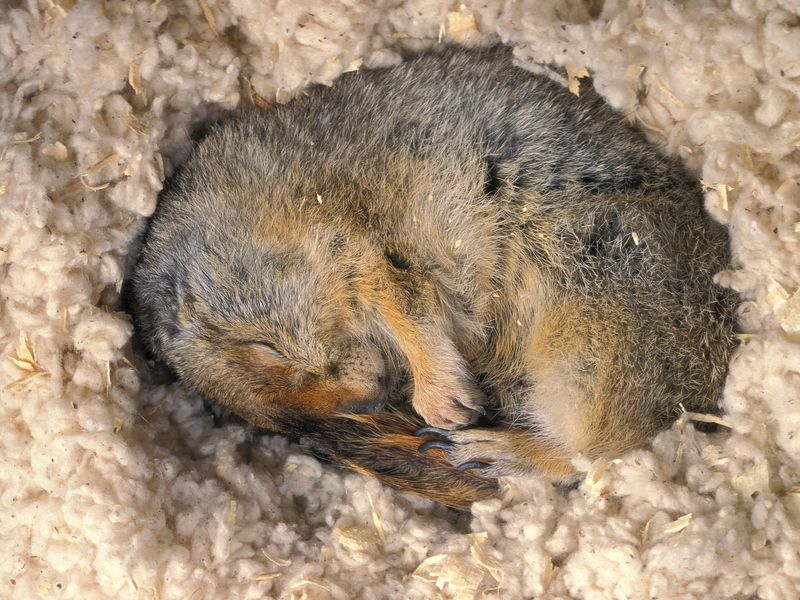
Why do animals hibernate? Live Science
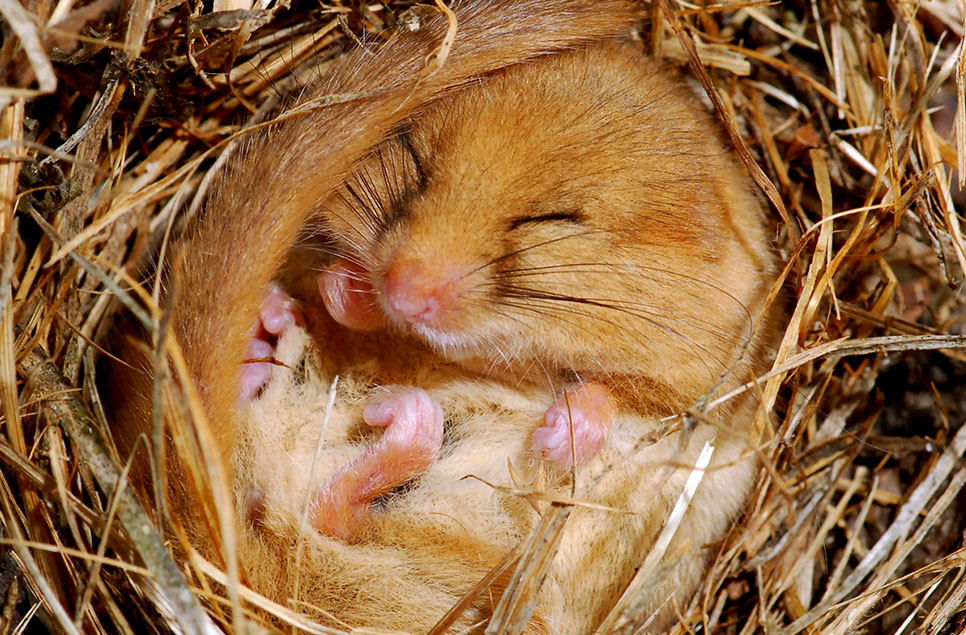
News and stories WWT

13 Cutest Animals in the World Brightly
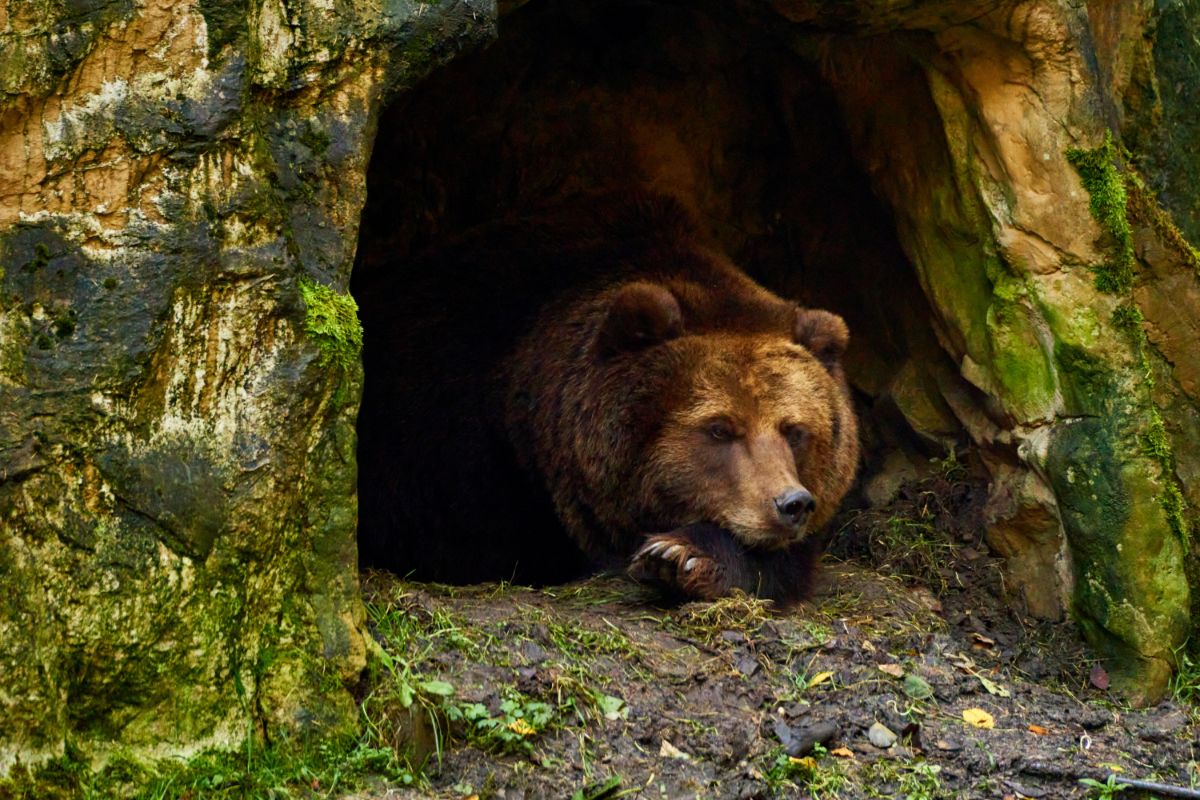
Which Animals Hibernate During Winter? (And Which Are At The Biggest Risk!) defendersblog

Pictures Of Animals Hibernating Pictures of Nnature

Animals That Hibernate Interesting Facts About Hibernation

Hibernation The animal phenomenon that might just save the human race Country Life
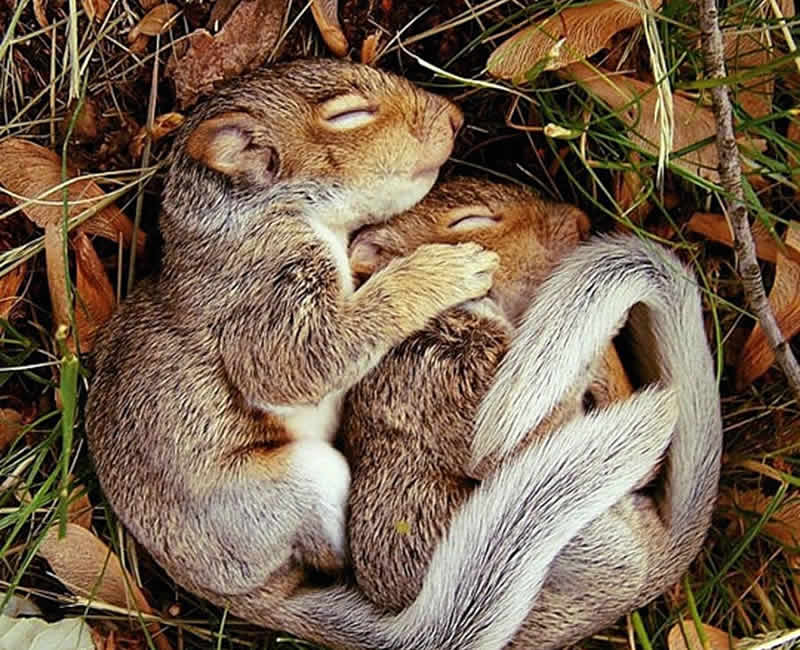
What Makes Animals Hibernate?

What Animals Hibernate In Australia
Find out more about mammals hibernating in the UK over winter. Hibernation is a state of dormancy when resources are scarce.. There are other animals that have short hibernation-like periods, or torpor. For example, badgers go into this state for around 29 hours cycles. They do this when food sources are low or the weather is harsh and.. Bats tend to hibernate from November until March, waking at some stages to find food and take a toilet break. Their reason for hibernating is largely due to the lack of insects available.